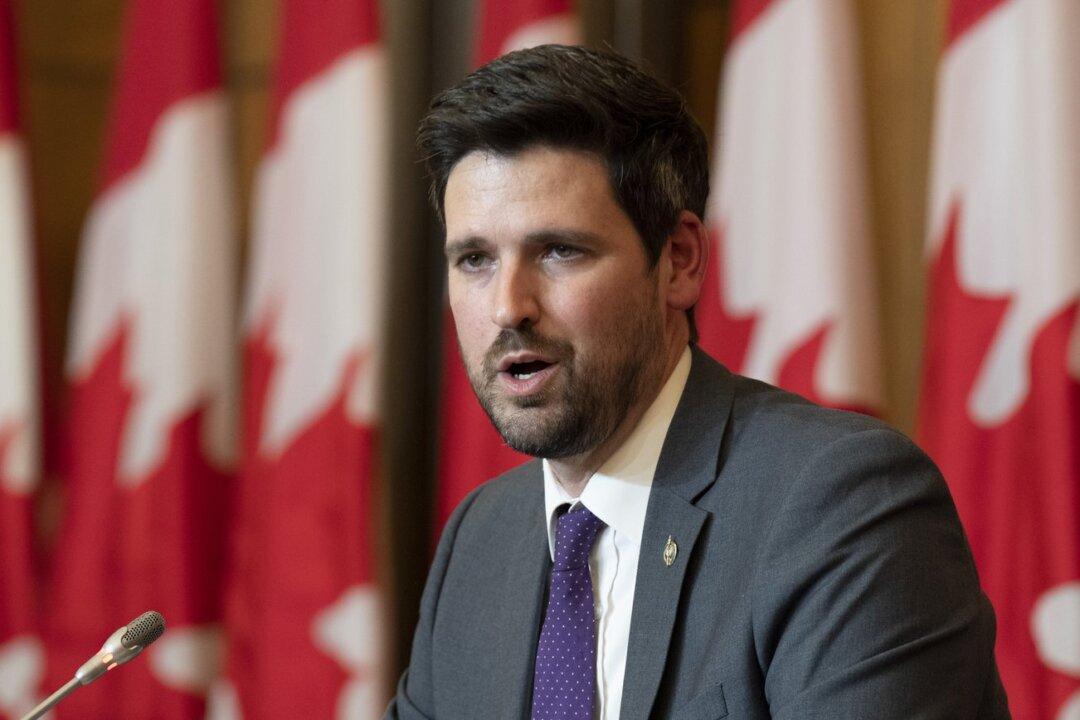The federal government today announced a new grant for low- and middle-income Canadians who transition their home-heating systems from oil to electric heat pumps.
Immigration, Refugees, and Citizenship Minister Sean Fraser announced the $250 million Oil to Heat Pump Affordability (OHPA) Grant during a press conference today in Stellarton, N.S., which he said will “reduce pollution” and create jobs.





